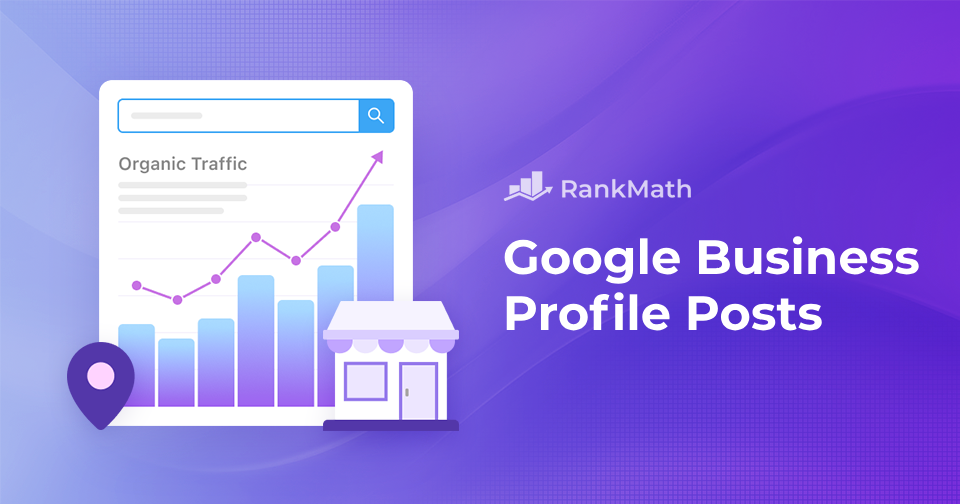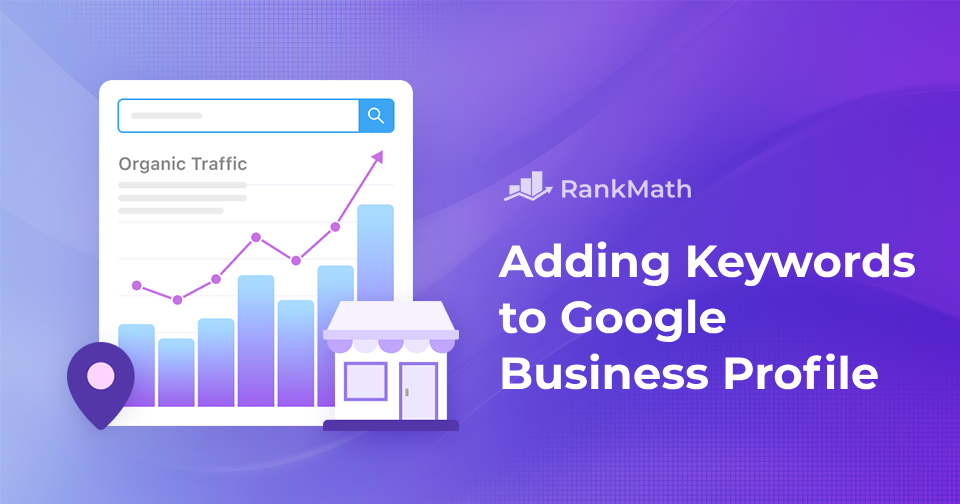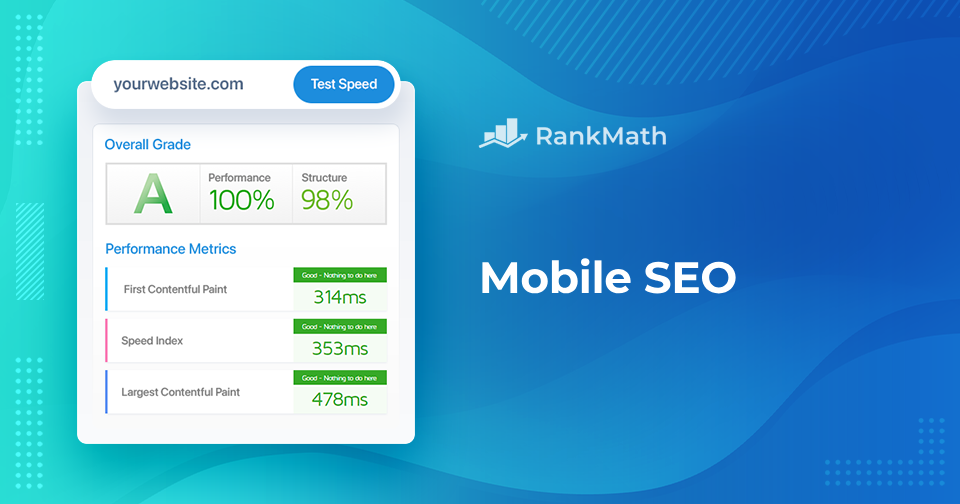Google Business Profile Posts: A Comprehensive Guide
Have you ever wondered how to make your business stand out in local searches and attract more customers?
Google Business Profile posts can be a game-changer. These short updates give you the ability to share important announcements, promote events, highlight special offers, and showcase your products directly in search results and Google Maps.
In this post, you’ll learn how to engage your audience and grow your business with the help of Google Business Profile posts.
But before diving into the “how,” let’s first look at why these posts are so important for your online presence.
Continue Reading




